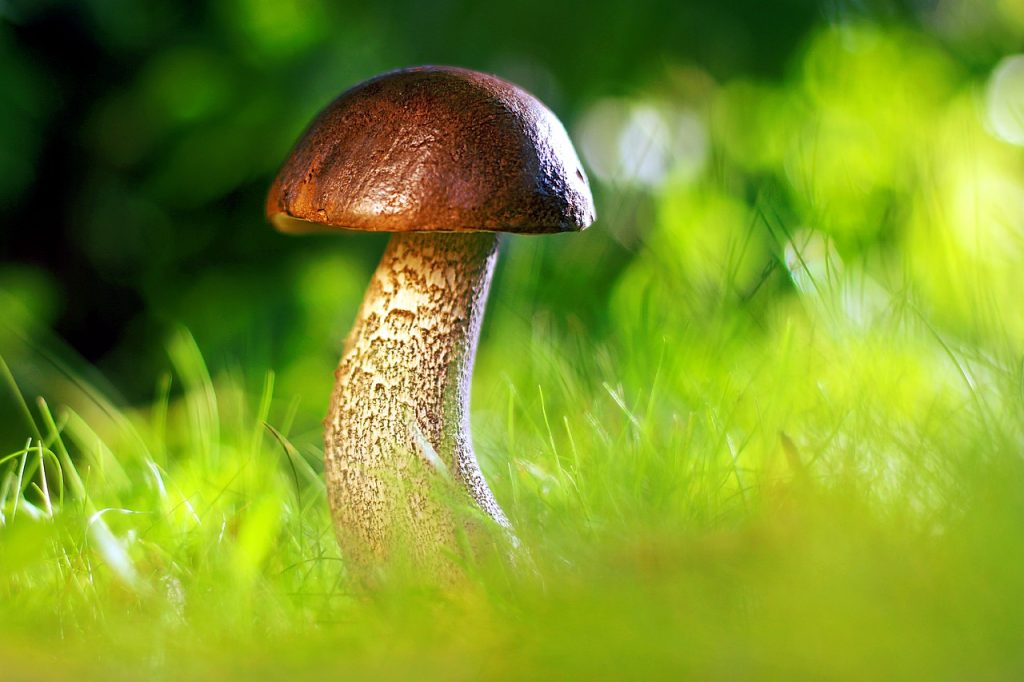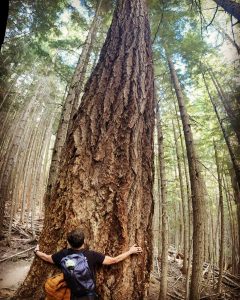
If you’ve been watching the news at all lately, then you’ve probably noticed that psychedelics are making an interesting rebirth in the United States. Locally, Seattle, Port Townsend and Jefferson County recently decriminalized psilocybin. This legal distinction allows for personal use of these substances. Both Oregon (Ballot Measure 109) and Colorado (Prop 122) passed legislation that legalized psychedelics for therapeutic use. Since they were scheduled in the 70’s and subsequently went underground, these types of therapies were only been legally available outside the US borders.
Why the sudden reemergence onto our radars and why the intense efforts towards legalization of psychedelics for therapeutic use?
COVID isolation greatly impacted mental health greatly exacerbating an already serious crisis (Salari, et al, 2020). The second is our veteran population: here and here will help to understand why this is such a pressing issue. Suicide rates for veterans may be as high as 44 per day. Certainly that’s a staggering number.
Psychedelic medicines are a class of substances that induce altered states of consciousness. This is often characterized by profound changes in perception, cognition, and mood. These substances include naturally occurring plant substances like psilocybin (mushrooms) and mescaline (peyote cactus) and ayahuasca. It also includes synthetic compounds like LSD (lysergic acid diethylamide) and MDMA (3,4-methylenedioxymethamphetamine).
Psychedelics have a long history of use in various cultures for spiritual, ceremonial, and healing purposes. In recent years, the resurgence of interest surrounds their potential therapeutic benefits for mental health conditions. Research studies stemming from as early as the 1950’s have shown promising results in the use of psychedelics. This is particularly true for psilocybin and MDMA. Results for the treatment of conditions such as depression, anxiety, post-traumatic stress disorder (PTSD), and addiction are promising.
With the mental health crisis that is playing out in the US, it provides hope for an enduring solution. But where do psychedelic medications fit in to our current medical structure? How does their legalization of psychedelics for therapeutic use benefit mainstream medicine?
These substances work by primarily interacting with serotonin receptors in the brain. This leads to altered perception, enhanced introspection, and increased emotional openness. The experiences induced by psychedelics are often described as “mind-expanding” or “consciousness-expanding” due to the profound shifts in perception and self-awareness.
In particular, the suppression of the Default mode Network (DMN) of the cortex by psychedelics is thought to facilitate the integration of information across different brain regions. This allows for new insights, creative thinking, and emotional processing. It may also contribute to the therapeutic potential of psychedelics in treating mental health conditions like depression, anxiety, and PTSD. Reducing the activity in the DMN can disrupt rigid patterns of thinking and open up new perspectives. Research is ongoing but so far shows potential in changing how the brain integrates and communicates (Carhart-Harris, 2017)
It’s important to note that the use of psychedelics carries potential risks and should always be approached with caution. Set and setting, which refer to the mindset and physical environment in which the experience takes place, are crucial factors in shaping the effects of psychedelics. Additionally, the use of these substances should be done under the guidance of trained professionals in controlled settings, such as in clinical trials or therapeutic contexts.
The field of psychedelic research is rapidly evolving. Ongoing studies are further exploring the therapeutic potential, safety, and mechanisms of action of these substances. In Washington State, with the exception of ketamine therapy, regulated psychedelic-assisted therapy is not available.
I am enrolled in a yearlong program to become a psychedelic assisted therapy provider and currently offer counseling and education for the preparation and integration of psychedelic experiences. If you are using psychedelics and want to know more about how to do so safely, or wish to get the most out of your experiences, please feel free to reach out and book an appointment with me. Do you have questions about potential studies, the current politics surrounding the legalization of psychedelics for therapeutic use, or what psychedelic assisted therapy looks like? Would you like more information on how to access this type of care? I’d be happy to answer any questions you might have.
Salari, N., Hosseinian-Far, A., Jalali, R., Vaisi-Raygani, A., Rasoulpoor, S., Mohammadi, M., Rasoulpoor, S., & Khaledi-Paveh, B. (2020). Prevalence of stress, anxiety, depression among the general population during the COVID-19 pandemic: a systematic review and meta-analysis. Globalization and health, 16(1), 57. https://doi.org/10.1186/s12992-020-00589-w
Carhart-Harris, R. L., Roseman, L., Bolstridge, M., Demetriou, L., Pannekoek, J. N., Wall, M. B., Tanner, M., Kaelen, M., McGonigle, J., Murphy, K., Leech, R., Curran, H. V., & Nutt, D. J. (2017). Psilocybin for treatment-resistant depression: fMRI-measured brain mechanisms. Scientific reports, 7(1), 13187. https://doi.org/10.1038/s41598-017-13282-7
#psychedelics #plantmedicine #depression #suicide #anxiety #herbalmedicine #mentalhealth #psilocybin #mushrooms #MDMA #ketamine #psychedelicassistedtherapy





